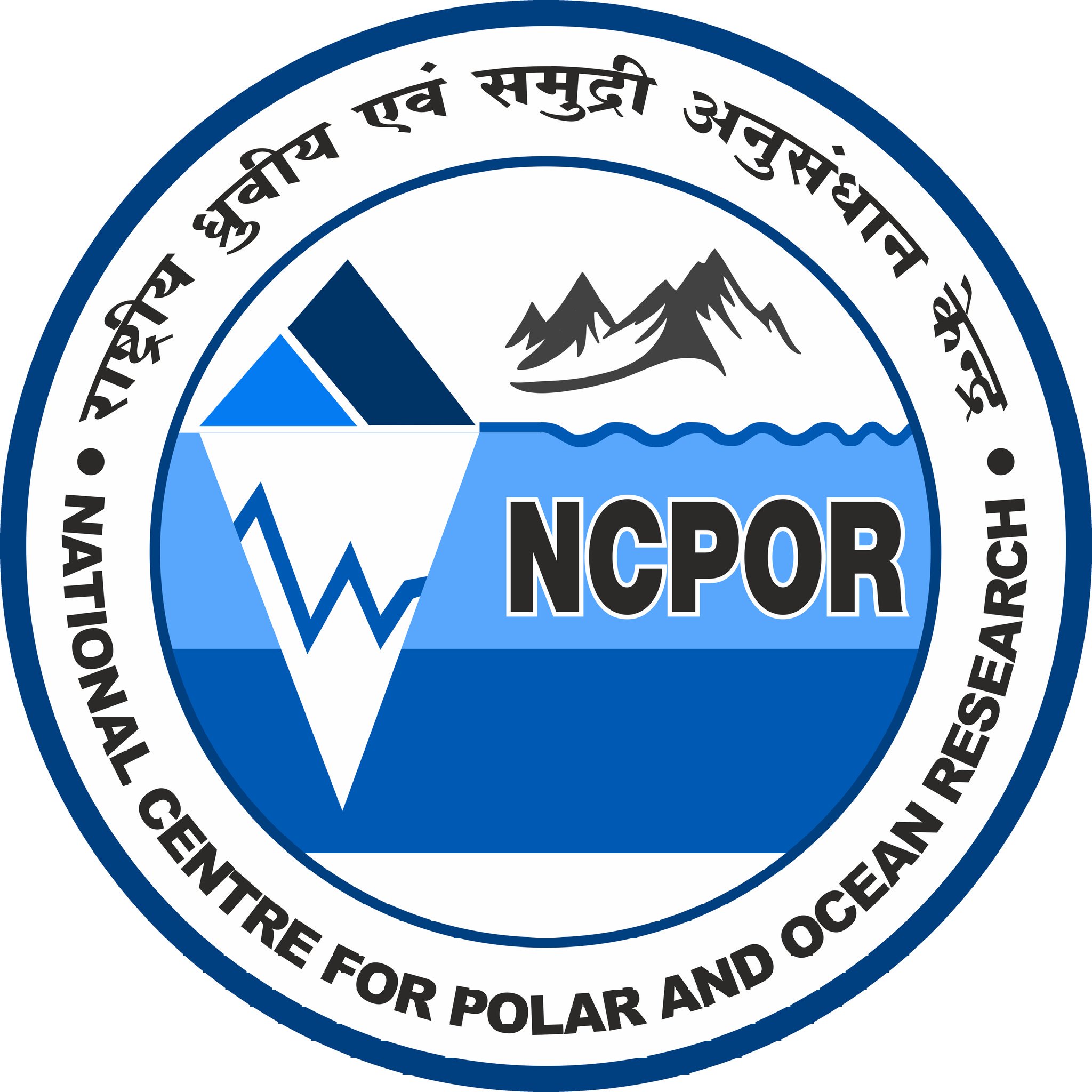National Centre for Polar and Ocean Research

The National Centre for Polar and Ocean Research (NCPOR) was established as an autonomous Research and Development Institution of the Ministry of Earth Sciences, Government of India on 25th May 1998. With a mission mandate that is quite challenging, the Centre is designated as the nodal organization for the co-ordination and implementation of the Indian Antarctic Programme, including the maintenance of India’s permanent station in Antarctica. At NCPOR the scientific mandate is multidisciplinary. Operating in a complex matrix, which has as its focal theme, research in those areas of the polar science currently not being undertaken by any other institution in India. In a rapid stride, not only have the basic infrastructure and computing facilities been established, but also true scientific recognition earned. The Universities of Goa and Mangalore have recognized NCPOR as a research centre for the pursuit of doctoral research.